SEO Tips for Hotels
SEO tips for hotels focus on optimizing online content to improve search engine rankings, which is crucial for increasing online visibility and attracting potential guests. Effective SEO strategies include using relevant keywords, optimizing website speed, creating quality content, and ensuring mobile-friendliness. These practices help hotels rank higher in search engine results, driving more website traffic and potentially increasing bookings and revenue.
Key Takeaways
- Website Review: Ensure your hotel’s website is user-friendly, with working links and clear titles.
- Create Key Content: Develop unique, relevant content such as blogs or news sections. Regular updates and the use of relevant keywords enhance SEO.
- Use Your Locality: Emphasize local attractions and features on your website.
- Quality Links: Acquire quality links from trustworthy sites like local press, online directories, travel sites, and attractions.
- Social Media Engagement: Increase your hotel’s popularity by actively engaging on social media platforms used by your potential customers.
- Local SEO: Optimize your Google My Business listing and use location-specific keywords on your website.
- Off-Page SEO: Acquire backlinks from reputable sites, local associations, and blogs to enhance credibility and search ranking.
- Technical SEO: Ensure your website is fast, mobile-friendly, and uses a logical structure to improve ranking and user experience.
Introduction
What do you do when you want to find a hotel for your city break? Like many people, you probably start your search using a search engine like Google or Bing. According to Google, millions of hotel searches are carried out every day. People want to find information about facilities, rates, reviews, availability, and things to do in the area. Search engines deliver results pages, but how many people click past the first page? Just 5% (Search Engine Watch). So how do you improve your chances of getting on that first page? By Search Engine Optimization.
What Is Search Engine Optimization?
Search Engine Optimization (SEO) increases a website’s chances of ranking highly in search results, thus increasing potential traffic and customers. Search engines like Google and Bing use “crawlers” or “spiders” to index pages and pages of information on the internet, and by using their own set of rules or an “algorithm”, they sort results in terms of relevance and popularity.
Why Is It So Important?
The higher you rank in the results, the greater your chances of attracting traffic. While SEO might seem complicated or time-consuming, search engine marketing is free and reaches millions of potential customers worldwide every second. Can you say the same thing about costly flyers and phonebook listings? Google is constantly developing and improving its services and results. So should you. Here are 5 ways to start improving your SEO.
SEO Tip 1 – Review Your Website
Take a hard look at your website. Think about how well it serves your customers and how user-friendly it is. Search engines like well-designed sites. Make sure all the links are working and are relevant. Pages should link together., Search engines like site maps and appreciate pages with clear, appropriate titles that identify your hotel and location, for instance, Golden Bay Boutique Hotels – The Arcadian.
Your site needs to load fast, people will not wait patiently. Search Engines notice when users click away quickly and move to the next result. Customers and search engines don’t appreciate PDFs, Flash, and Javascript. Check that any media-rich files load quickly and can be seen by search engines.
Perhaps most importantly, given Google’s announcement in May 2015 that most searches were done on mobile devices, ensure your site is mobile-friendly. Google will continue to adjust its search engines accordingly.
SEO Tip 2 – Create Key Content
It’s not enough to have a well-functioning website. Both customers and search engines like unique, relevant, content. So consider incorporating a blog or a news section if you haven’t already. Make sure you update it regularly – diary a schedule. Consider what your potential customers might be interested in, and you will probably find relevant keywords to help improve your chances of ranking higher in search results. This is also a golden opportunity to emphasize your unique selling point, so if you are a boutique hotel with a new chef – write about it. If your gardens are having a makeover and will be the fairy-tale setting for an intimate wedding – write about it. Get the local press to write about it too. Just a note about keywords, the days of “keyword stuffing” are over. Customers and search engines can spot awkward sentences crammed with repetitive words.
SEO Tip 3 – Use Your Locality
Search Engines are delivering more relevant and localized results. So check that your site emphasizes the benefits and features of your location. What are your customers looking for, wanting to do, sample or visit in your locality? Incorporate those ideas into your blog or news, page titles, or descriptions. Make sure you have a map on your site. There may be hundreds of hotels in your area, but are they opposite the best winery in town? Do they all have thermal spas? Are they minutes from the racecourse?
SEO Tip 4 – Quality Links
Like arrows pointing guests your way, quality links from other trustworthy sites can help increase traffic and inform search engines about your site’s authority and relevance. So articles and links with the local press, online directories, travel sites, and attractions will help. If you have partnerships with local businesses, make the links reciprocal. One word of caution here, never pay for links, and remember it’s quality, not quantity, that counts. Those clever search engines can spot bogus links.
SEO Tip 5 – Make Yourself Popular
Popular sites rank well, so a fast-loading, informative site with regular, fresh content is a start, but you still need to embrace Social Media. Make sure you feature on sites that your prospective customers use. Whether it’s Twitter or Facebook, add these to your update schedule. As Google is the number one search engine, joining Google+ and Google Places makes sense.
These are just a few ways to improve SEO and utilize search engine marketing. Remember, great things take time, so gradually adjust your site. There are many analytical tools you can use to monitor your progress and watch your ranking increase.
More Tips to Grow Your Business
Revfine.com is a knowledge platform for the hospitality & travel industry. Professionals use our insights, strategies and actionable tips to get inspired, optimise revenue, innovate processes and improve customer experience. You can find all hotel & hospitality tips in the categories Revenue Management, Marketing & Distribution, Hotel Operations, Staffing & Career, Technology and Software.This article is written by:
Hi, I am Martijn Barten, founder of Revfine.com. I am specialized in optimizing revenue by combining revenue management with marketing strategies. I have over 15 years of experience developing, implementing, and managing revenue management and marketing strategies and processes for individual properties and multi-properties.

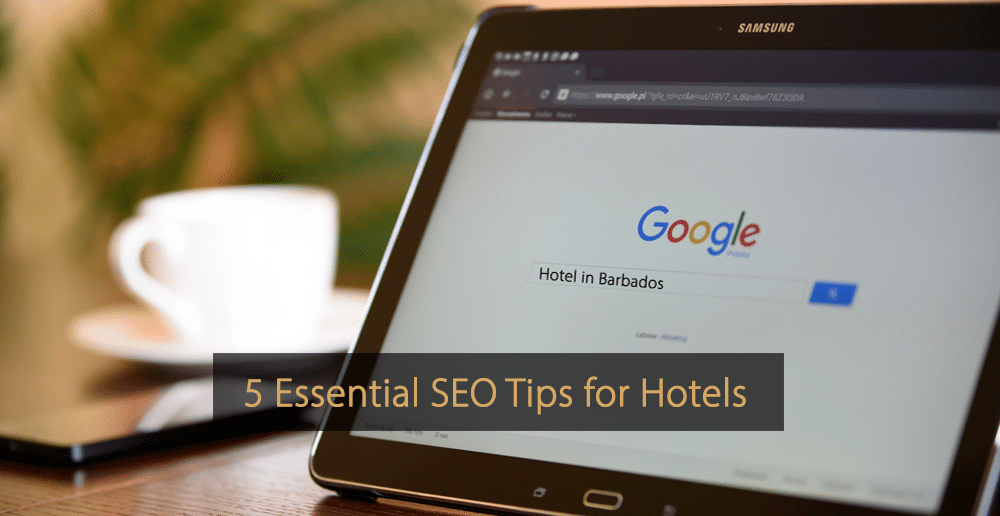

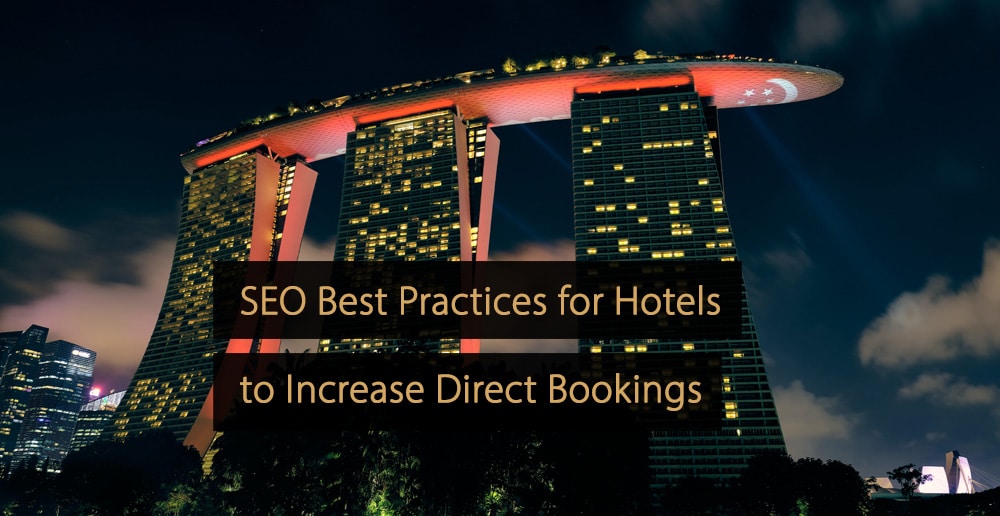
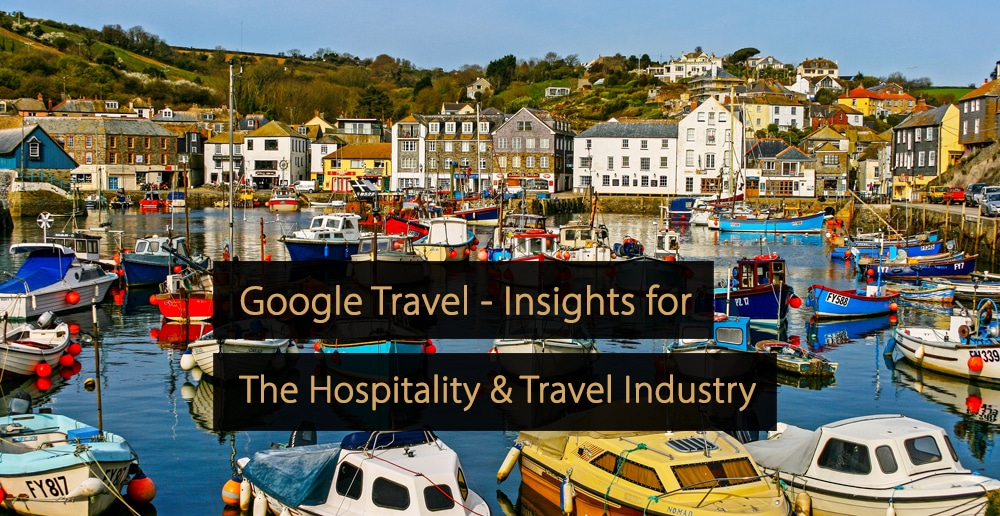


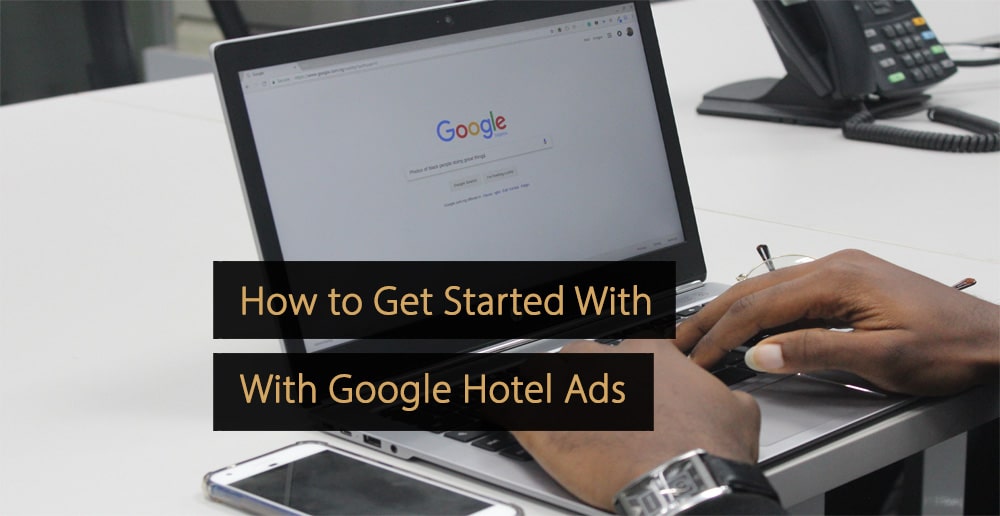
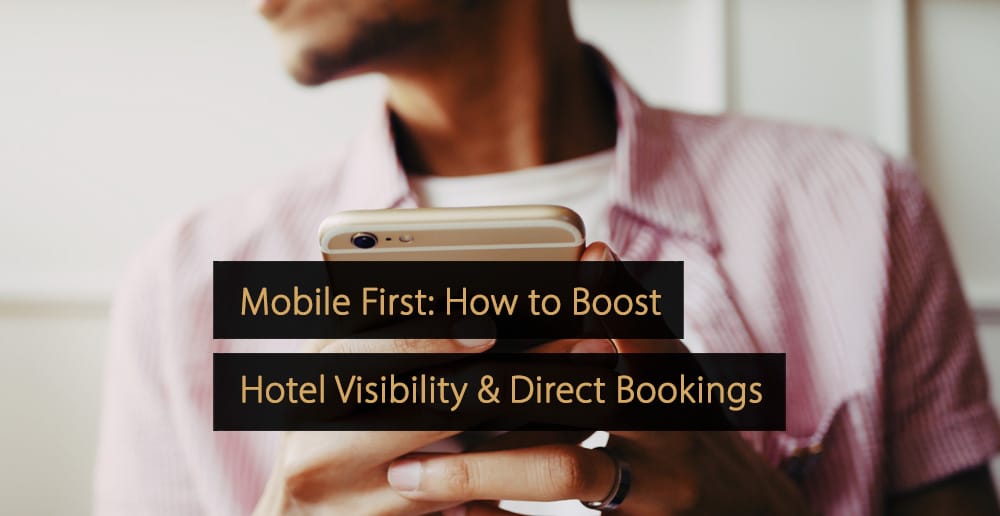
Hi, Informative blog! SEO plays indeed a vital role in digital marketing. The above tips are useful not only for the hotels but for other industries too. You have covered all the major tips to obtain organic results. Thanks for sharing.
Thank you so much for sharing these valuable SEO Tips for hotel related websites. It’s really helpful.
Those tips are very informative for SEO. Also, profile creation, social bookmarking and forum profile backlinks are helpful for SEO.
Wonderful in-depth information on SEO tips for Hotels, These tactics can really help the Hospitality sector to perform better in search results. I subscribed to your blog for updates.
Thank you for all SEO tips for my hotel! It is very helpful. Thank you.
Thanks for the information, Quality and authoritative content is one of the best ways of your search engine rankings. There is no substitute for great content. Combined with these excellent tips, you can score well in search engines like Google.
Part of the importance of SEO is that it helps you rank higher in search engines. In turn, this will improve your traffic.
What an insightful article! These SEO tips are simply spot-on. From optimizing keywords to enhancing local listings, they’ve covered all the essential strategies to boost rankings on Google and Bing. A game-changer for the hospitality industry!